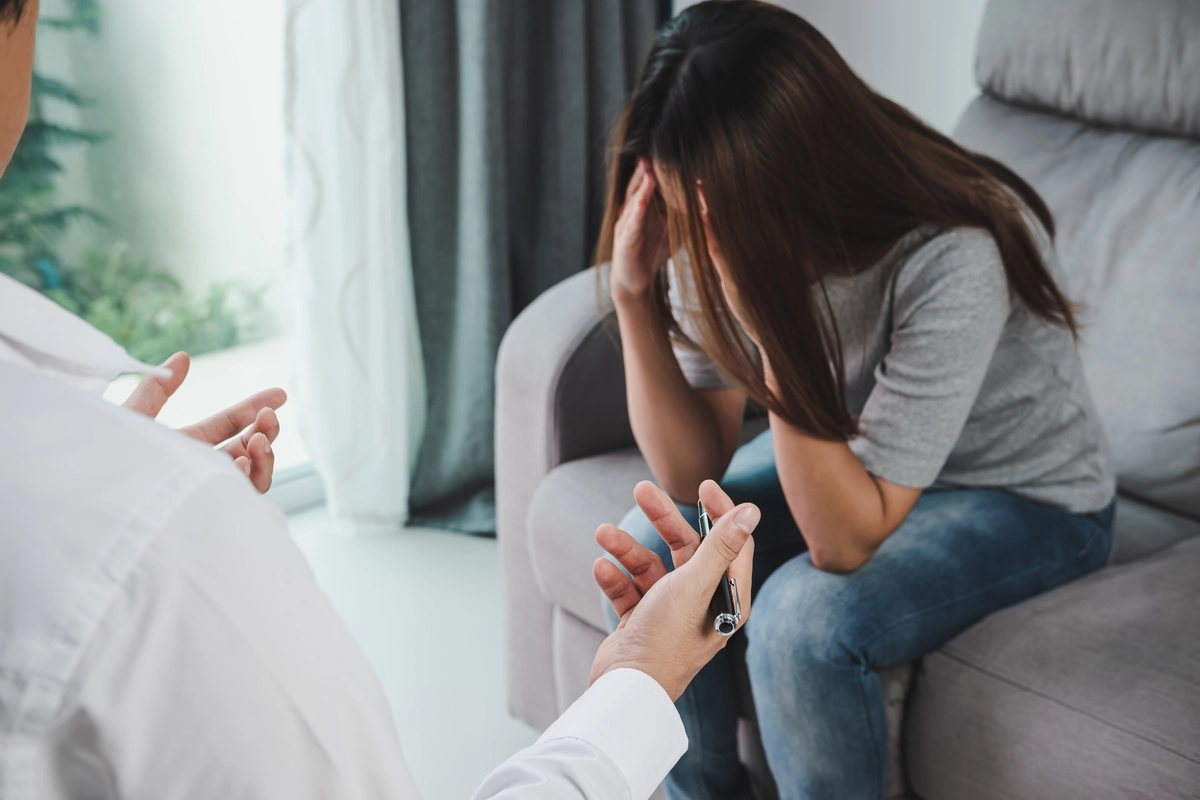24/7 Helpline:
(866) 899-111424/7 Helpline:
(866) 899-1114
Learn more about Depression Treatment centers in Plaquemine
Depression Treatment in Other Cities

Other Insurance Options

WellPoint

Aetna

Horizon Healthcare Service

Group Health Incorporated

Sutter

UnitedHealth Group

Carleon

Oxford

Health Choice

Sliding scale payment assistance

Kaiser Permanente

Coventry Health Care

Highmark

CareSource

Regence

BHS | Behavioral Health Systems

Optum

Self-pay options
Beacon

AllWell

Iberville Parish Behavioral Health
Iberville Parish Behavioral Health is an outpatient facility that offers treatment for individuals w...




Iberville Rehabilitation Services
Iberville Rehabilitation Services is a private rehab located in White Castle, Louisiana. Iberville R...



















































































































